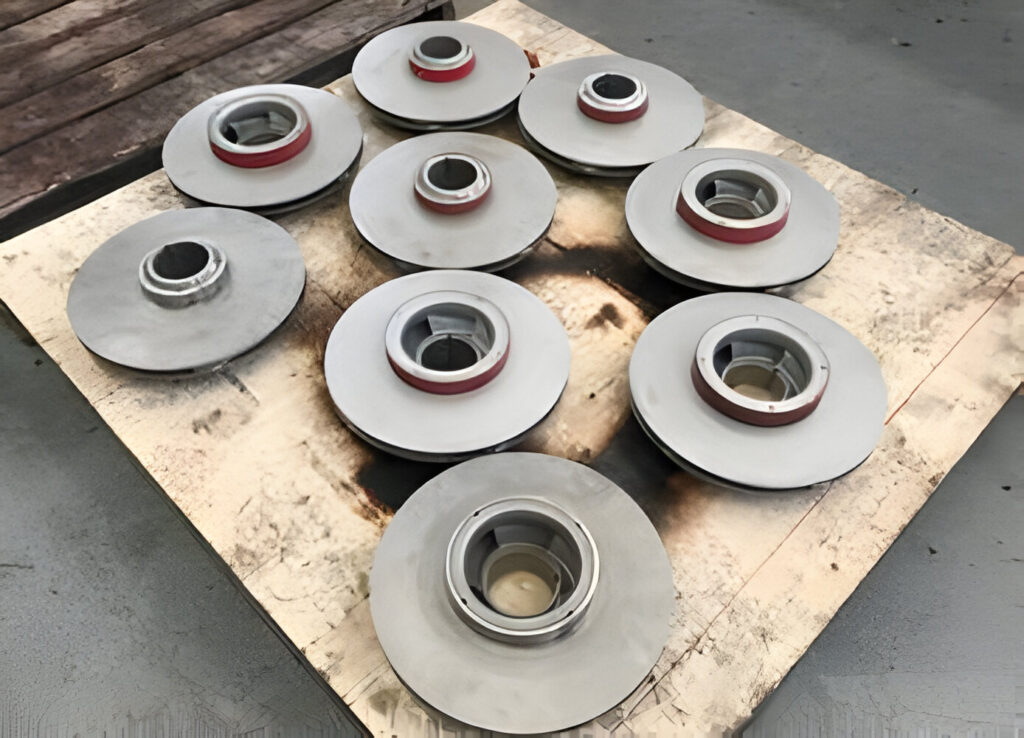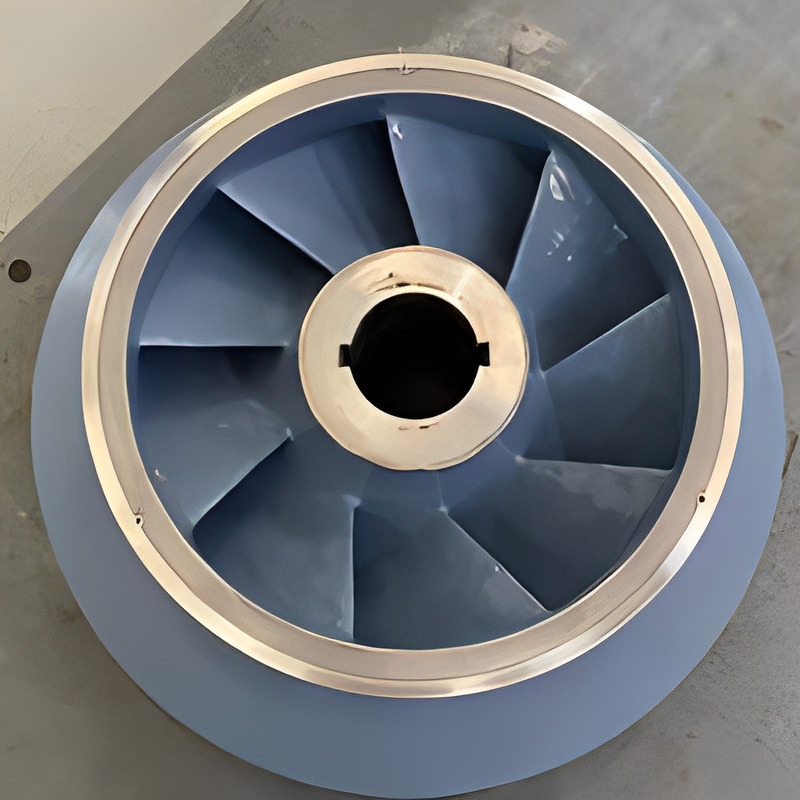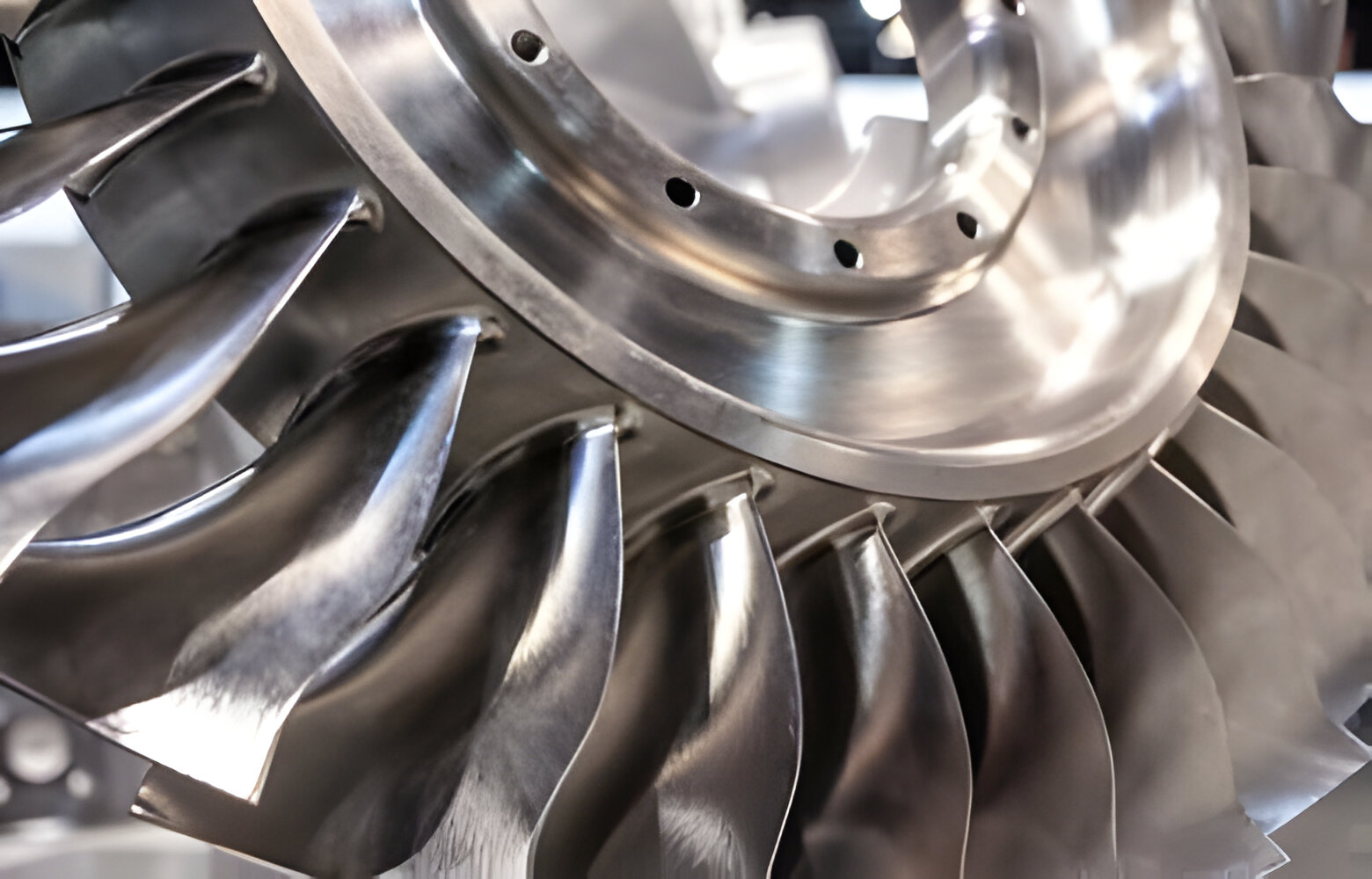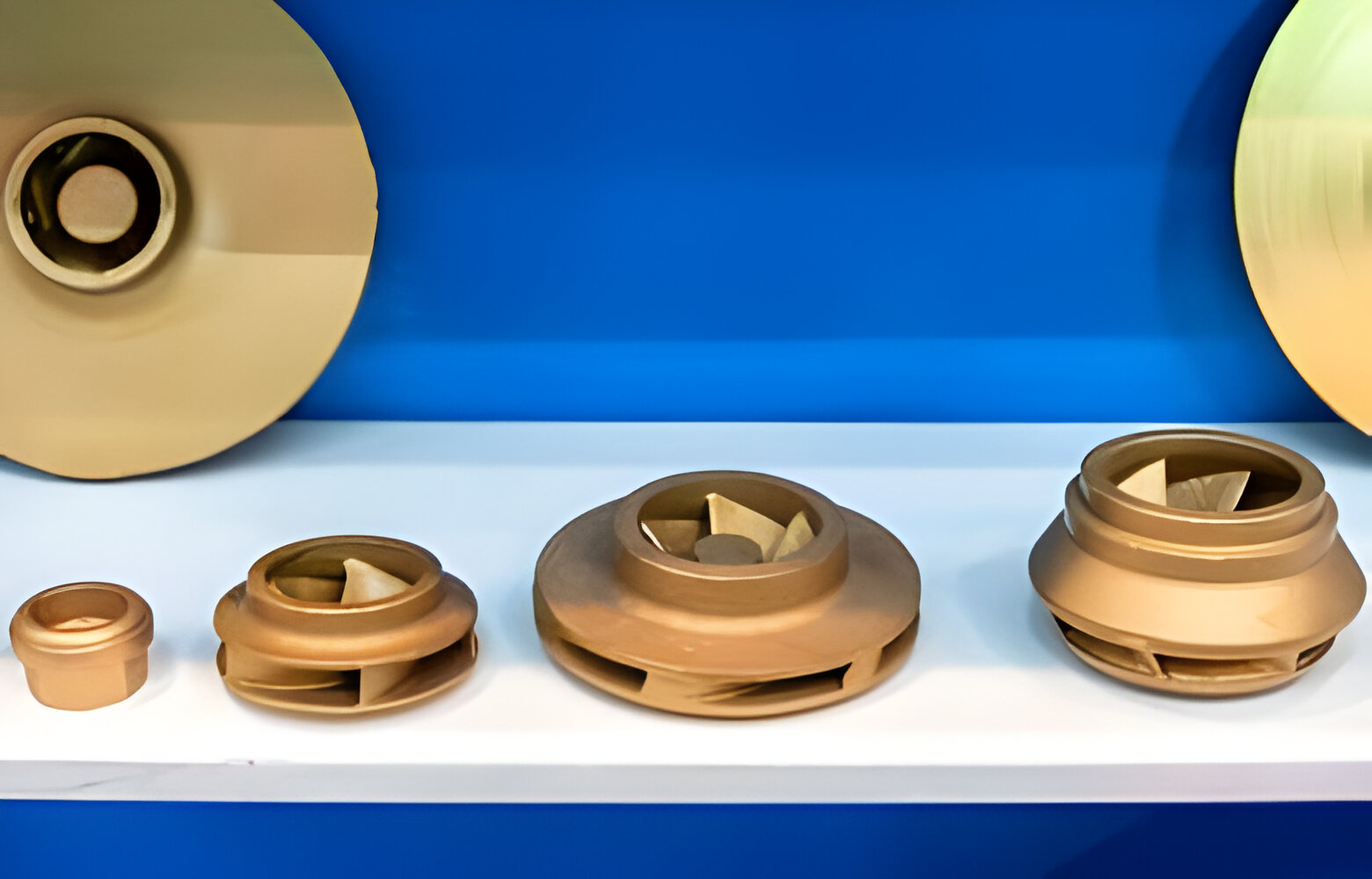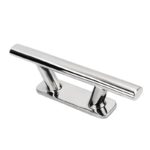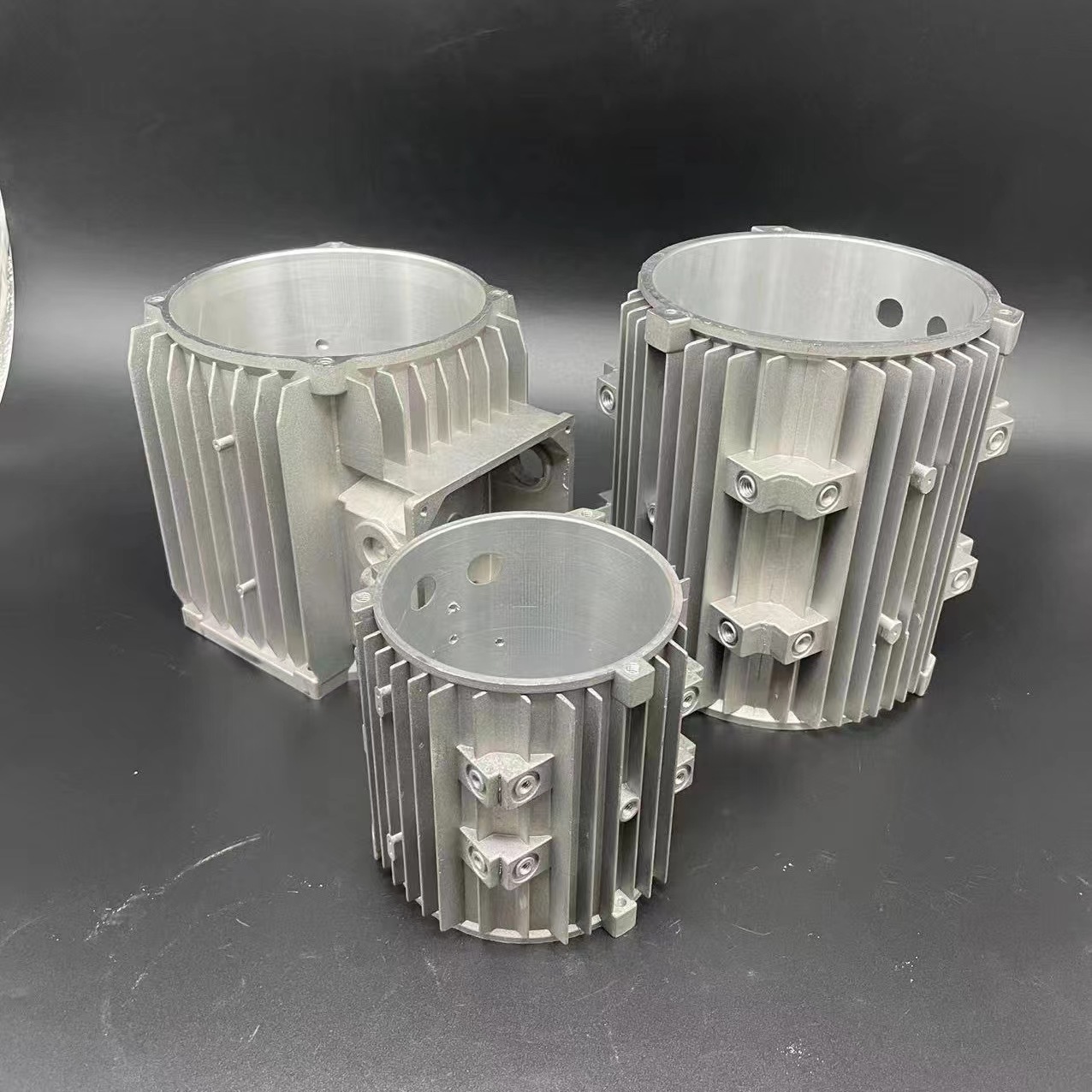Ballast pump impellers are at the heart of marine and industrial pumping systems, playing a crucial role in the efficient operation of ballast water management. This component is key to ensuring that ships maintain stability and structural integrity during their voyages. Understanding the types, manufacturing processes, and applications of ballast pump impellers can significantly aid in selecting the right equipment for specific needs.
Understanding Ballast Pump Impellers
A ballast pump impeller is a rotating component of a centrifugal pump which transfers energy from the motor that drives the pump to the fluid being pumped by accelerating the fluid outwards from the center of rotation. Typically made from durable materials like cast iron, these impellers are designed to withstand harsh conditions, including high volumes of water and potential debris without significant wear.
Manufacturing of Cast Iron Pump Impellers
The manufacturing of impellers, especially impeller casting, involves precision engineering and high-quality materials to ensure performance and durability. The process begins with designing the impeller to match specific pumping requirements. Once the design is approved, molds are created for casting the impeller. Materials such as cast iron are commonly used due to their strength, resistance to corrosion, and affordability. Cast iron pump impellers, specifically, are favored in heavy-duty applications, making them ideal for the rigorous demands of ballast water systems.
Applications and Scenarios
Ballast pump impellers are used primarily in the maritime industry to manage the ballast water in ships. This process is crucial for maintaining the ship’s stability and structural integrity throughout various loading conditions. The design and efficiency of these impellers also make them suitable for other industrial applications requiring robust fluid handling solutions, such as in wastewater treatment plants, chemical processing, and large-scale irrigation systems.
Frequently Asked Questions (FAQs)
- What materials are used in impeller casting? Most commonly, cast iron is used due to its durability and cost-effectiveness. However, depending on the application, materials such as bronze or stainless steel might also be used.
- How often should a pump impeller be replaced? The lifespan of a pump impeller depends on several factors including the type of fluid being pumped, operating conditions, and maintenance practices. Regular inspections are recommended to assess wear and determine the need for replacement.
- Can impellers be customized for specific applications? Yes, impeller casting manufacturers often offer customization options to match specific operational requirements and optimize performance.
Invitation to Connect
To learn more about our wide range of high-quality impellers, including pump impeller casting and water pump impellers, visit us at kt-foundry. Our experts are ready to assist you with product selection and answer any questions you might have to ensure that you get the most efficient, reliable, and cost-effective pumping solutions for your needs.

